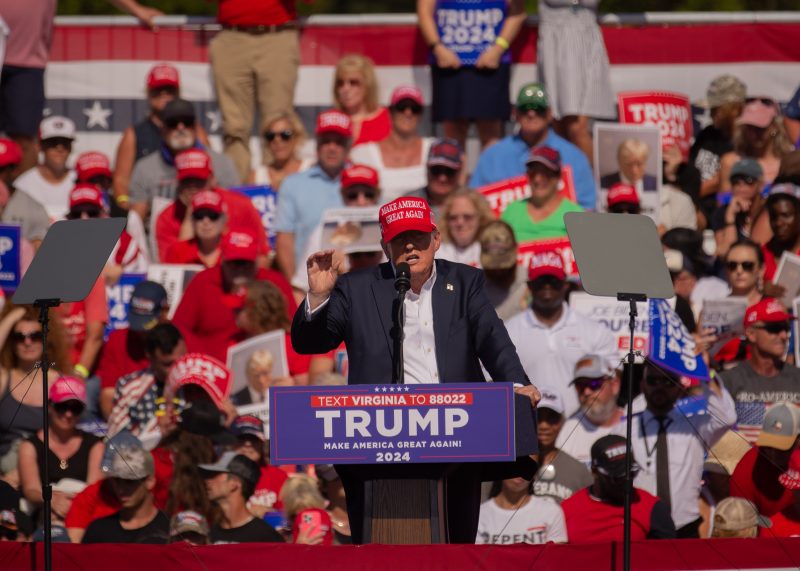
Trump’s Lucky Streak Continues with Supreme Court Decision on Presidential Immunity
In a recent landmark Supreme Court ruling on Presidential immunity, President Donald Trump has found himself once again benefiting from legal protection that shields a sitting president from certain forms of legal scrutiny. The case, Trump v. Vance, centered around a subpoena issued to Trump’s longtime accounting firm for his financial records, a move that was vehemently opposed by the President.
The majority opinion, penned by Chief Justice John Roberts, emphasized the unique position of the President and the potential distractions and burdens that legal actions could impose on the executive branch. This decision aligns with the constitutional principles of separation of powers and the need to preserve the functioning of the Presidency, especially in the face of potentially politically motivated legal actions.
While the ruling was narrowly tailored to the specific issue of the subpoena for Trump’s financial records, it sets a significant precedent regarding the limits of presidential immunity and the ability of state prosecutors to investigate sitting presidents. Critics argue that this decision could shield the President from accountability and effectively place him above the law during his time in office.
On the other hand, supporters of the ruling assert that it upholds important constitutional safeguards and prevents undue interference in the functioning of the executive branch. The Supreme Court’s decision reflects a longstanding debate over the scope of presidential immunity and where the line should be drawn between protecting the President and ensuring accountability.
Furthermore, this ruling is just one chapter in the ongoing legal battles surrounding the Trump administration, with various other cases and investigations still pending. The impact of the Supreme Court’s decision on future investigations and the limits of presidential power remains to be seen and will likely continue to be subject to legal and political debate in the coming years.
In conclusion, the Supreme Court ruling on presidential immunity in Trump v. Vance represents a pivotal moment in the debate over the powers and limitations of the Presidency. While the decision may shield President Trump from certain legal actions during his time in office, it also raises important questions about accountability, the rule of law, and the balance of power between the branches of government. As the legal landscape continues to evolve, the implications of this ruling will reverberate throughout the political and legal spheres for years to come.
